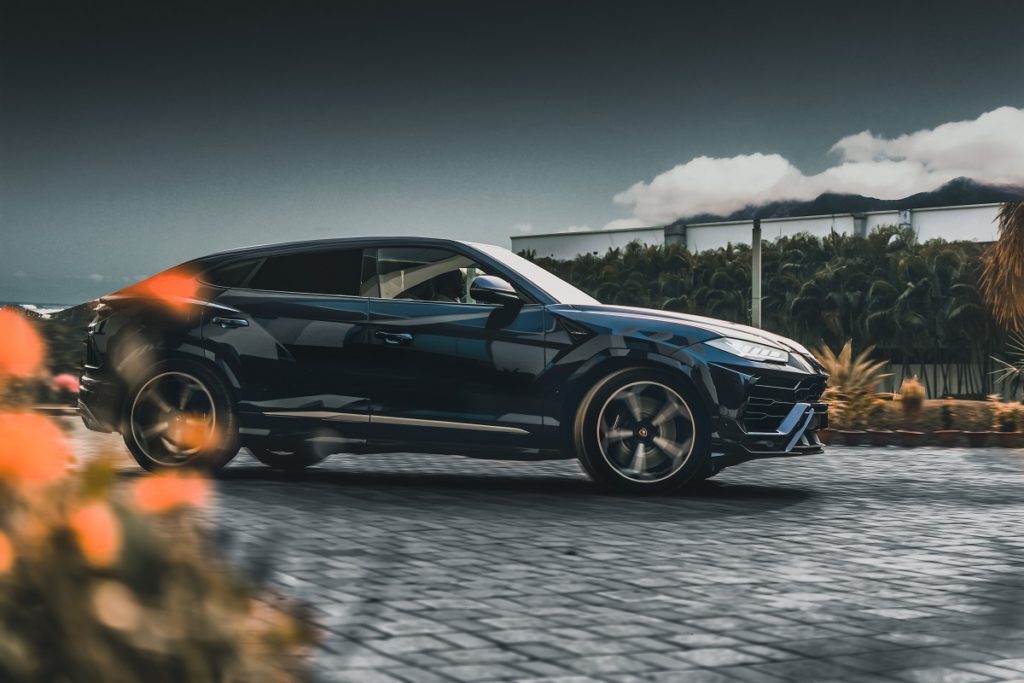Not all drivers are created equal. Despite the standardized training, everyone maneuvers the road their own way. It takes years of experience to be receptive to other drivers nearby. Even then, tons of reckless drivers are waiting to make a swift turn around every corner.
Since early American laws were founded on the principle, “an eye for an eye,” reckless drivers have been regarded as a menace to our society. To make them pay, personal injury lawyers rally behind road accident victims to demand rightful compensation.
Indeed, a driver has a huge responsibility. Driving involves the unique human ability to think rationally on their feet. Yet, we are now pursuing the idea that AIs can do the task better.
Driverless cars are poised to be the future of our mobile world. Beyond affecting people’s personal travel options, automatic cars are thought to fulfill a bigger purpose in the business landscape.
Why Are Some People Bad Drivers?
It’s been 135 years since the first car. The Benz Patent-Motorwagen was a one-cylinder, two-stroke, and three-wheel gasoline engine. Its safety protection is virtually non-existent in comparison with today’s standards.
Car companies are coming up with more safety features. The 2020 Toyota Avalon Hybrid has automatic emergency braking, adaptive cruise control, and lane-keeping assist that will gently steer you back in case you drift off. So, with all these advanced technologies, why are we still getting thousands of accidents each year?
The risk compensation theory may explain the growing imprudence. It states that people typically adjust their behavior based on their perceived level of risk. If they sense danger, they become more careful. And if they feel more protected, they can become lenient or reckless.
What Makes Us Think AIs Can Do Better?
We currently have Advanced Driver-Assistance Systems (ADAS). These aim to minimize human error by assisting, such as steering guidance and collision warnings. Car companies like Tesla are further improving these systems by level until one day, human intervention will no longer be required. When this day comes, the change can affect different businesses.
A Market for Driverless Cars Among Future Executives
Teens are starting to think that driving is too troublesome. They’d rather use a ride-sharing app or walk. An analyst from the research firm J.D. Power said they expected Gen Zs to invest in their own car as soon as their first job. But so far, the statistics say it’s not happening.
And soon, these non-driving workers are going to rise the corporate ladder. They will then run the place. Also, start-ups are seeing more young CEOs than ever. Thus, in the future, more bosses might be interested in acquiring self-driving cars than hiring more employees to lower corporate costs.

Rested Employees With More Energy to Do Work
Whether driving or commuting, morning traffic can take a toll on you. Studies estimate billions of hours wasted on commuting. Employees arrive to work already stressed.
Some day, an ordinary employee might not need money for a personal driver. They can hop in a driverless car, lounge, and prepare themselves for the big day ahead.
Varying Effects on Sectors of the Hospitality Industry
Hotel stops save sleepy travelers from long trip hours. But if they can find respite in their own cars, they won’t feel the need to book a night anymore. The high-end hotels may not feel the market dip. Still, off-the-beaten-track hotels situated on country roads may expect lower vacancy unless they offer other services that interest passing travelers.
Higher revenue is projected for restaurants and bars since patrons don’t have to worry about drunk-driving. Friday night outs will no longer leave a designated driver to stay sober for the team.
Denser Parking Lots
Mall stores and real estate entrepreneurs generate extra income through parking lots. Each car space must maintain a minimum size as mandated by municipal codes. In Temecula, the standard space should be nine feet wide and 18 feet long. For a compact parking space, there should be eight feet in width and 16 feet in length.
If a car is parked too close to your car that it prevents you from opening the door, you can call a law enforcement officer to tow the blocking car.
Self-parking cars would no longer need this extra space. People can let themselves out at the mall entrance and let the car park by itself. Parking establishments can reserve a space exclusive for self-parking lots, make it denser in design, and generate more income.
We’re Merely on the Way
The benefits of self-driving cars for business are still in theory. Some cars are already close, such as the Tesla Model S. However, in practice, there’s still a long way to go. As the transition will take years, businesses will have more than enough time to adapt to the times.
